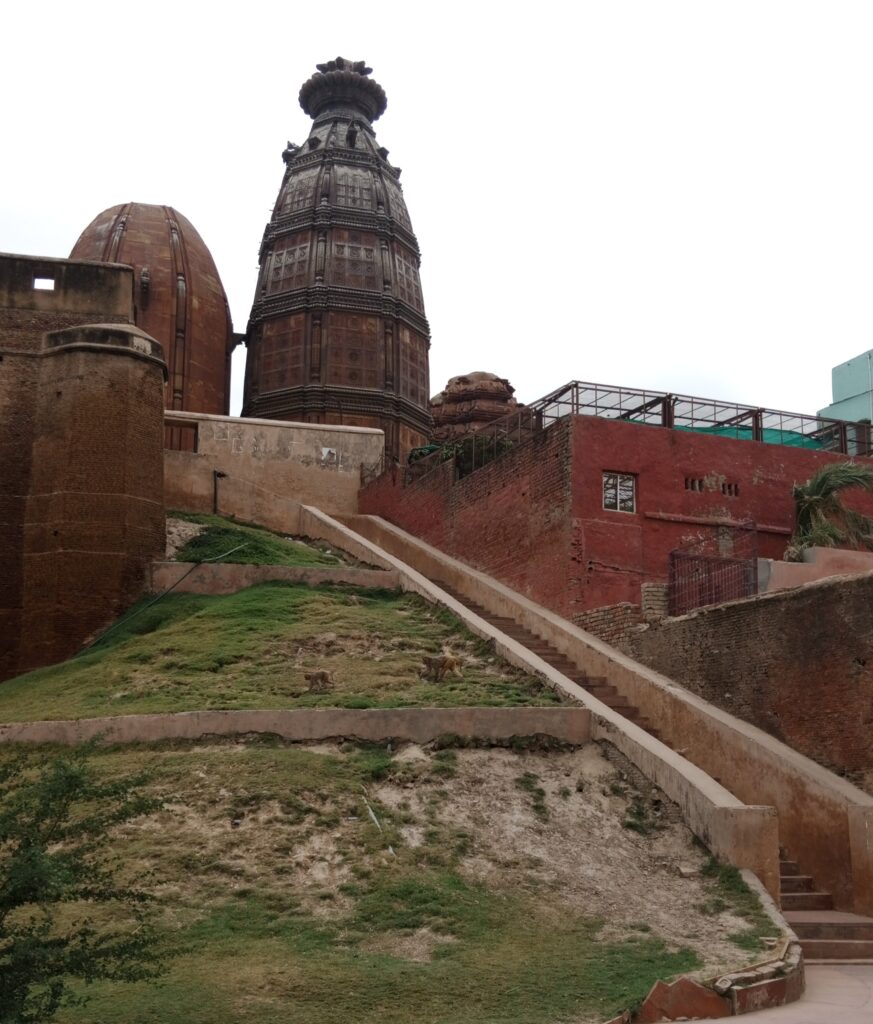The Allahabad High Court has directed the Uttar Pradesh government to respond to a public interest litigation challenging the proposed demolition of narrow lanes and adjacent temples surrounding the Banke Bihari temple in Vrindavan, intended for a corridor development project.
Justice Siddharth Verma issued the order following a petition filed by Pankaj Saraswat of Mathura, who contends that the redevelopment plan threatens the historical and spiritual essence of the area. He argues that the ‘Kunj Galis’—the narrow lanes leading to the temple—are not merely pathways but sacred spaces integral to the Vaishnav Bhakti tradition. The petitioner asserts that demolishing these lanes would disrupt the spiritual ecosystem and violate devotees’ rights under Article 25 of the Constitution, which guarantees freedom of religion.
The proposed corridor, estimated at ₹500 crore, aims to enhance infrastructure around the temple, including the acquisition of approximately five acres of land for facilities such as parking, lodging, and sanitation. The plan was approved by the Supreme Court on May 15, with the condition that any acquired land be registered in the name of the temple deity or its managing trust. The Court also directed the appointment of a receiver with appropriate administrative and religious background to oversee the project.
However, the redevelopment initiative has faced significant opposition from temple priests and local devotees. Priests have expressed concerns that the project could compromise the temple’s sanctity and traditional practices. They have warned that if their objections are not addressed, they may consider relocating the deity, Thakurji, to preserve the temple’s spiritual integrity.
The Uttar Pradesh government has established the Shri Banke Bihariji Mandir Nyas Trust to manage the temple’s administration and oversee the corridor project. The 18-member trust includes seven ex-officio officials and eleven nominated members, among them two from the temple’s Goswami community. The trust is tasked with modernizing pilgrim facilities while ensuring the continuity of religious rituals and traditions.
Despite these measures, the Supreme Court has criticized the state’s involvement in what it described as a private legal dispute. On May 27, the Court admonished the Uttar Pradesh government for “hijacking” the litigation, emphasizing that state interference in private matters could lead to a breakdown of the rule of law. The Court questioned the government’s capacity to intervene and directed the state to provide a copy of the ordinance establishing the trust to the petitioners.




